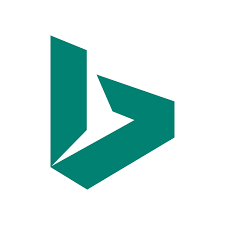My Proptech Startup Makes $960K/Year Helping People Save Money On Their Mortgage
Hello! Who are you and what business did you start?
Hi reader! My name is Alex Leduc and I’m the Founder and CEO of Perch. We’re a real estate tech company based in Toronto, Canada and we offer our service to all provinces across the country. At Perch, our mission is to empower Canadians to make more informed decisions about their real estate. We love helping buyers become homeowners, and helping homeowners optimize their finances and grow their wealth.
We use technology and automation to give our users in-depth, personalized insights throughout all aspects of homeownership, from buying, to mortgage renewals and refinancing so they can make their next move with confidence. Best of all—it’s free to use!
For most of us, buying a home is a really big deal. Especially for first-time home buyers, it can be hard to figure out what you have to do and in what order. Our analytics platform walks you through every step of the way, so you’re given the information and timeline you need to make the right decision. We answer questions like “How much ‘home’ can I afford today?” and “How long will it take until I can afford my dream property?”
Homebuyers who are ready to make an offer can get a mortgage...



























